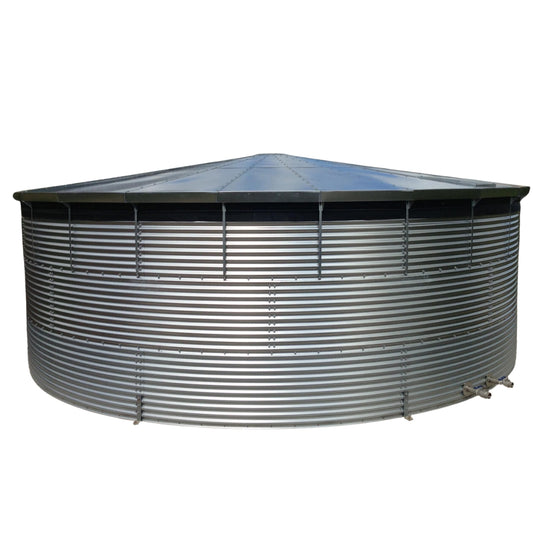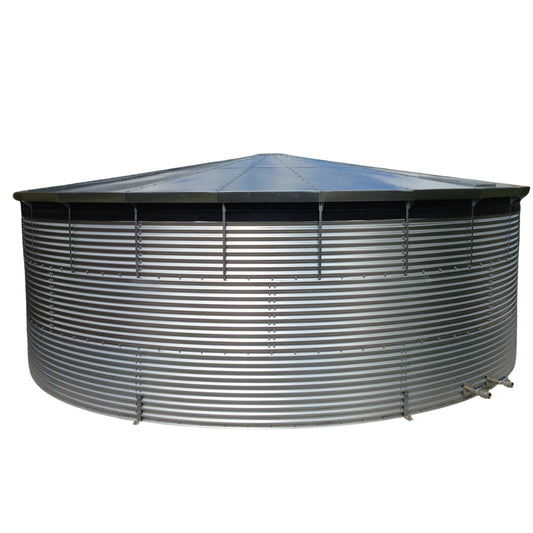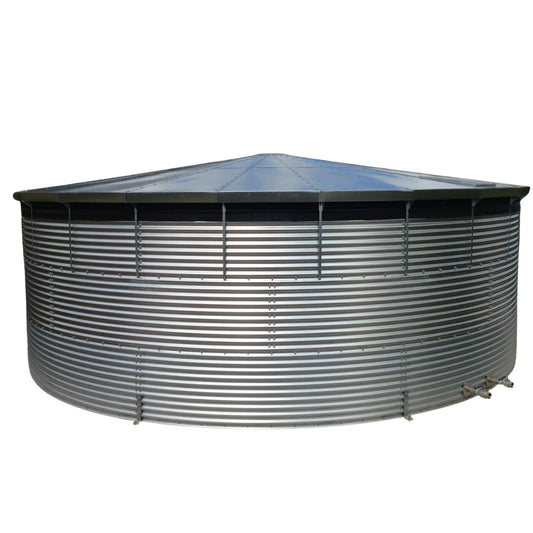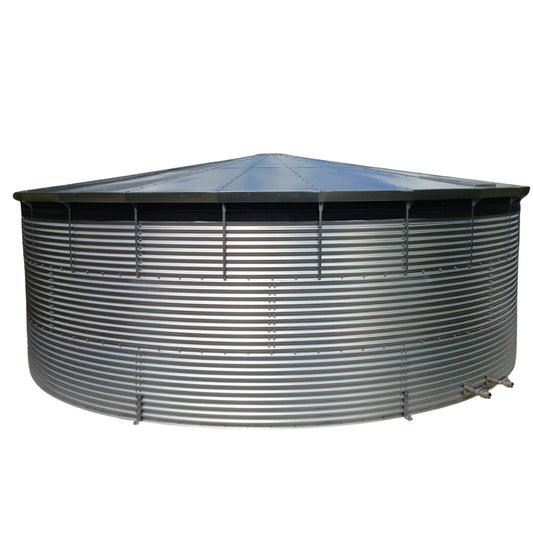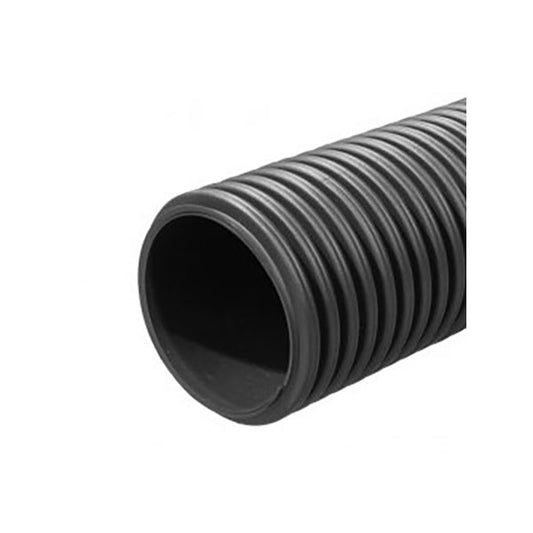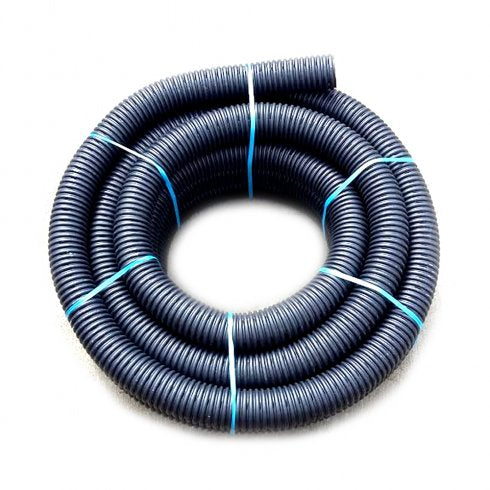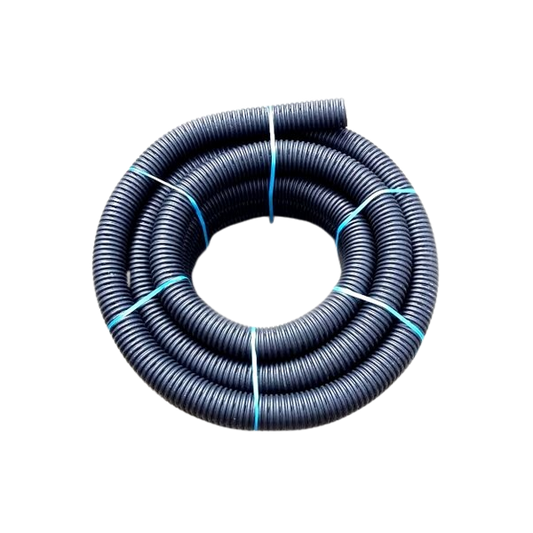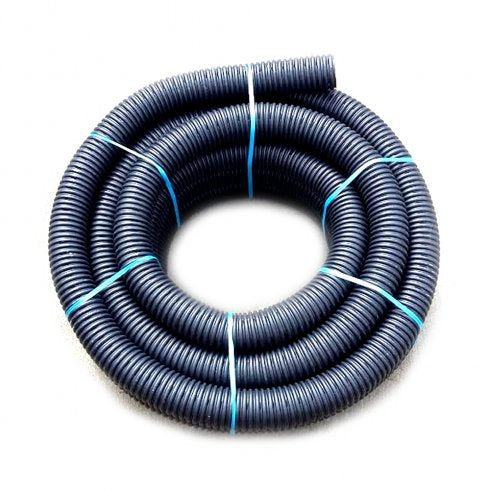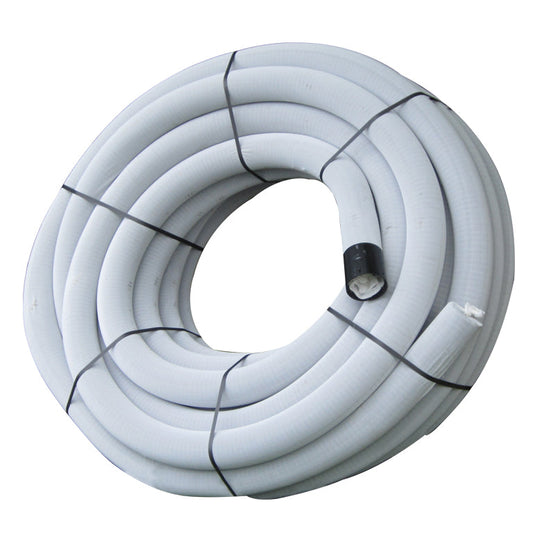The agricultural sector is rapidly evolving to meet the demands of the modern world. By embracing new technologies and sustainable methods, farmers are improving efficiency, conserving resources, and increasing profitability. Below are five key ways farmers are modernising their practices while protecting the environment.
Contents
1. Enhanced Integration of Biotechnology
With the global population growing rapidly, farmers face the challenge of increasing crop yields without expanding land use. Biotechnology offers a solution by enhancing crop resilience, improving nutritional content, and reducing dependency on harmful chemicals.
Through advances in genetic modification, crops can now be engineered to resist pests, endure floods and droughts, and thrive in varying soil conditions. These improvements not only boost yield but also promote healthier soil and long-term sustainability.
2. Precision Farming – Using Drones to Achieve the Perfect Yield
Precision farming refers to the use of smart technology to help farmers make better, data-driven decisions. Drones are revolutionising this process by providing real-time insights from above, helping farmers save time and money while improving accuracy.
Advantages of Drone Technology in Farming
- Soil Analysis: Aerial imagery provides valuable data on soil quality and crop health, helping farmers identify optimal planting areas and develop detailed crop maps.
- Livestock Monitoring: Drones allow remote observation of herds, reducing manual labour and improving animal welfare monitoring.
- Surveying and Mapping: Infrared-equipped drones detect malnourished crops and problem areas quickly, enabling prompt action.
- Accurate Crop Spraying: Automated drones can precisely distribute fertilisers or pesticides, minimising waste and protecting healthy crops.
3. Artificial Intelligence as a Tool for Success
Artificial Intelligence (AI) is streamlining agriculture by automating analysis and decision-making. From assessing crop ripeness to detecting plant diseases, AI tools reduce manual labour while improving accuracy and consistency.
Advanced algorithms continuously learn and improve, allowing farmers to predict issues and optimise yields over time. With the ongoing shortage of agricultural labour, AI provides a long-term, cost-effective solution that ensures farms can operate at full capacity.
4. Water Management and Rainwater Harvesting
With freshwater making up only 4% of the Earth’s total water — and much of it used in agriculture — effective water management has never been more critical. Farmers are adopting new methods to minimise waste and use every drop efficiently.
Smart Water Use
Rainwater harvesting is one of the best ways to reuse natural resources and reduce reliance on mains water. At Cotterill Civils, we supply a wide range of HDPE rainwater harvesting tanks — available in multiple colours and backed by a 10-year guarantee. These tanks are 100% rust-proof, durable, and environmentally sustainable.
Click here to view our full rainwater harvesting range.
Smart sensors are also transforming water management by detecting leaks automatically and reporting faults in real-time. This technology helps farmers quickly fix issues, reduce waste, and protect valuable water supplies.
5. Rewilding Britain – Reinvesting in Our Wildlife
Biodiversity loss has accelerated in recent years as more land is used for housing and infrastructure. Rewilding aims to restore natural ecosystems by allowing wildlife to return and thrive in these areas.
Farmers are playing a leading role in this movement — planting trees, restoring habitats, and supporting pollinators. These initiatives help absorb CO₂, enrich soil quality, and build a healthier environment for future generations.
At Cotterill Civils, we’ve been farming at Hermitage Farm for over 100 years. We understand the balance between productivity and sustainability, and we’re proud to support farmers across the UK with reliable, eco-friendly solutions.
Contact Us
For enquiries or expert advice, call us today on 0121 351 3230 or visit our enquiry page.
Alternatively, fill out our enquiry form below:






